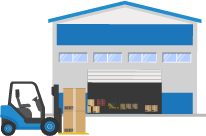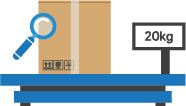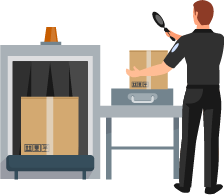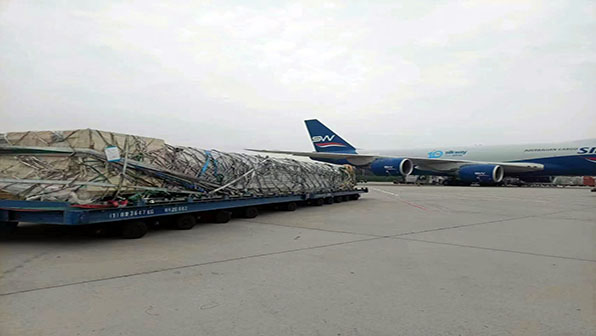What is customs clearance service.
Customs clearance service refers to a series of customs formalities and procedures such as customs declaration, tax payment and inspection completed by a professional customs clearance company in cross-border trade. Its main purpose is to ensure that goods can be imported and exported smoothly and comply with relevant national laws and regulations. Customs clearance services usually include customs declaration making, tax calculation, customs declaration review, inspection declaration, inspection and other links. Due to the different customs regulations in different countries and regions, customs clearance services also need to be flexibly responded and handled according to the actual situation.
What is customs clearance for export from China.
China's export customs clearance refers to the customs procedures and procedures that need to be completed when goods are exported from China to other countries or regions. According to Chinese customs regulations, exporters need to provide relevant documents, including commercial invoices, packing lists, bills of lading, certificates of origin and other documents for customs review and verification. At the same time, exporters also need to abide by the laws, regulations and standards of the destination country or region, ensure that the goods meet the requirements of quality, safety, and environmental protection, and pay customs duties, value-added tax and other taxes in accordance with regulations. In the process of China's export customs clearance, the customs will carry out a series of links such as customs declaration, inspection declaration, inspection, and tax refund according to different factors such as the nature, value, and quantity of the goods, so as to ensure that the goods can pass through the customs smoothly and finally arrive at the destination.
What is import customs clearance.
Import customs clearance refers to the customs formalities and procedures that need to be completed when importing goods from other countries into the home country. These procedures include a series of links such as declaration, tax payment, domestic sales approval, and inspection. Importers need to provide relevant documents, such as import license, commercial invoice, packing list, bill of lading, certificate of origin and other documents, for customs review and verification. At the same time, the importer also needs to abide by the laws, regulations and standards of the importing country or region to ensure that the goods meet the requirements of quality, safety, and environmental protection. After the import customs clearance is completed, the goods can officially enter the country and be handed over to the importer for subsequent sales, processing, production and other operations.












